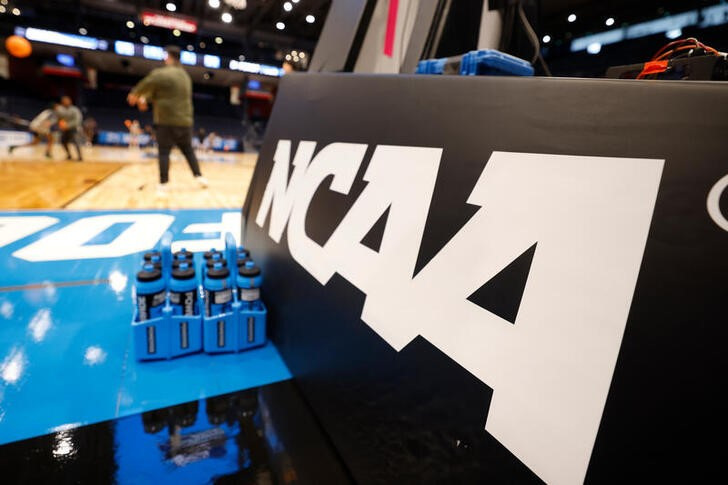In a new legal challenge against the NCAA, college athletes are taking a stand against restrictive rules that limit their ability to earn prize money from outside sporting events. Reese Brantmeier, a top women’s tennis player at North Carolina, filed a federal lawsuit seeking class-action status to challenge the NCAA’s regulations prohibiting athletes from accepting prize money won at events like the U.S. Open in tennis.
The lawsuit, filed in North Carolina, seeks to strike down the NCAA’s rules that prevent athletes from retaining full and just compensation for prize money earned through their athletic performances outside of NCAA competitions. Brantmeier’s case highlights the arbitrary and unfair nature of these restrictions, especially in light of recent NCAA rule changes allowing athletes to profit from their names, images, and likenesses NIL, as well as the Operation Gold program which permits payments to Olympic athletes in college.
One of the central issues raised by the lawsuit is the NCAA’s insistence on preserving the concept of “amateurism” while simultaneously allowing athletes to benefit financially in other ways. While the NCAA has relaxed rules regarding NIL compensation and even permits payments to Olympic athletes, it continues to enforce strict limitations on prize money earned by college athletes participating in individual sports.
Brantmeier’s experience underscores the detrimental impact of these restrictions on student-athletes. Despite her remarkable success and earning potential at the U.S. Open, she was forced to forfeit most of her prize money and faced challenges from the NCAA regarding expenses related to her participation in the event. These rules not only hinder athletes’ ability to financially support themselves but also create unnecessary obstacles and penalties for those who seek to excel in their sport while pursuing higher education.
The lawsuit challenges the NCAA’s justification for restricting prize money, arguing that such limitations are arbitrary and anticompetitive. By imposing caps on prize money earned before and during college and restricting athletes’ ability to accept compensation for their performances, the NCAA unfairly penalizes student-athletes and undermines their opportunities for success.
Moreover, the lawsuit raises questions about the NCAA’s commitment to the well-being and fair treatment of college athletes. While the organization claims to prioritize the interests of student-athletes, its enforcement of outdated and inequitable rules contradicts this assertion. By stifling athletes’ earning potential and imposing unnecessary restrictions, the NCAA perpetuates a system that prioritizes institutional control over the rights and autonomy of student-athletes.
As the legal battle unfolds, the outcome of Brantmeier’s lawsuit could have significant implications for the future of college athletics. By challenging the NCAA’s restrictive policies on prize money, student-athletes are advocating for greater fairness, transparency, and equity within collegiate sports. Their fight represents a pivotal moment in the ongoing struggle to reform NCAA regulations and ensure that athletes are treated fairly and afforded the opportunities they deserve.
